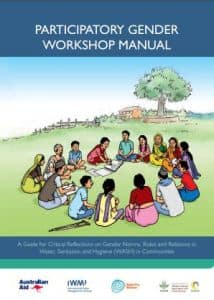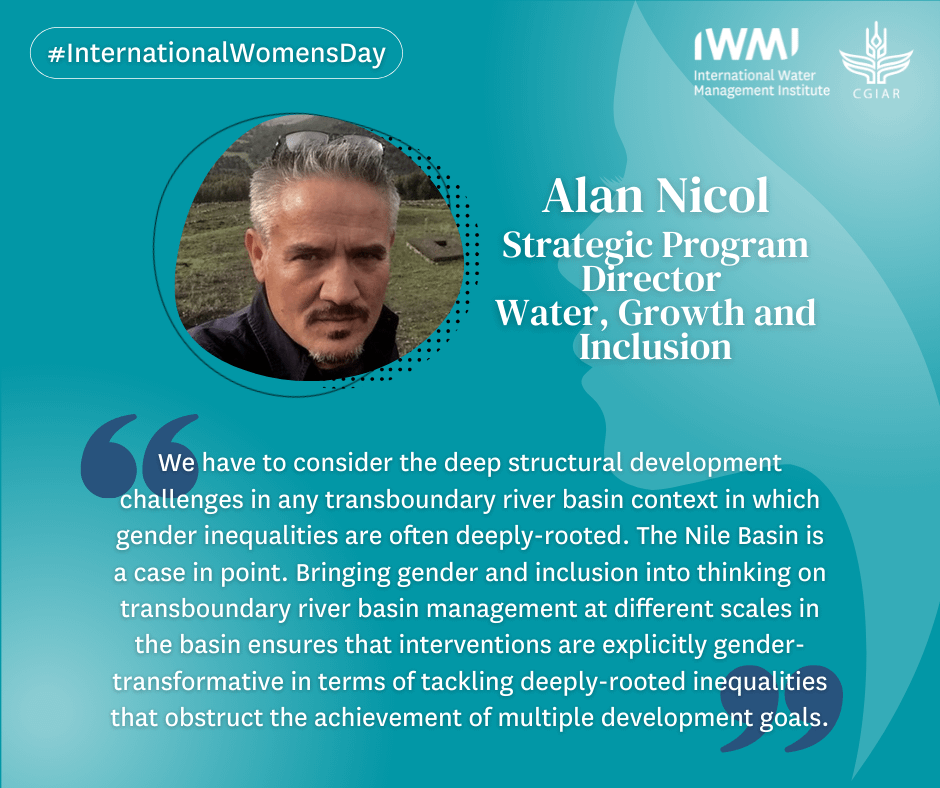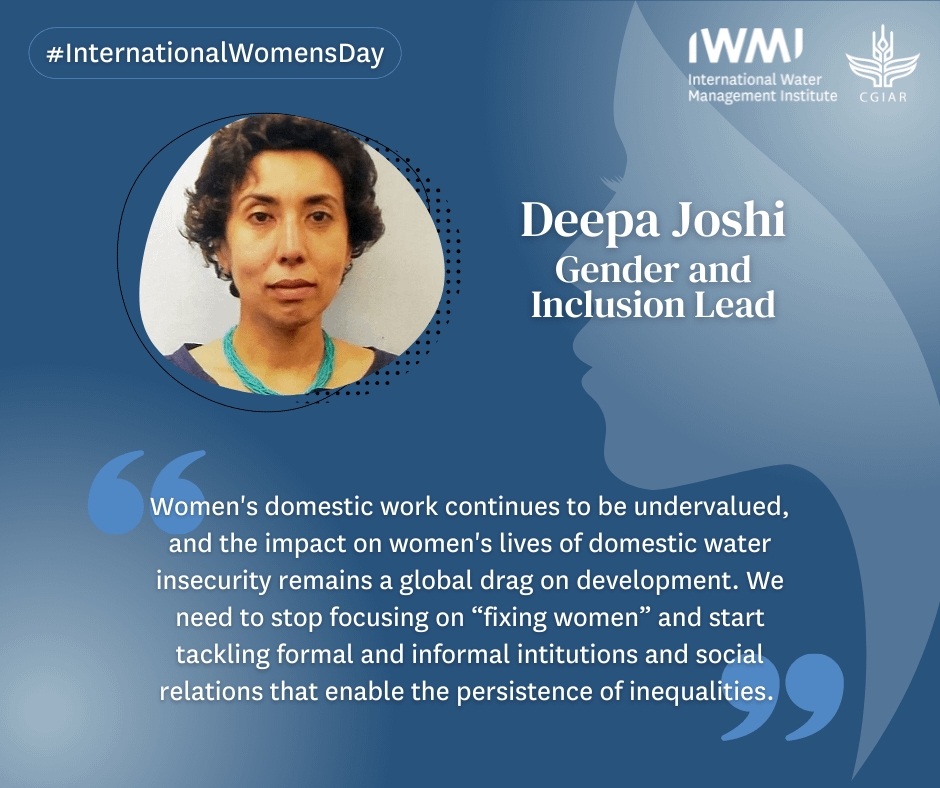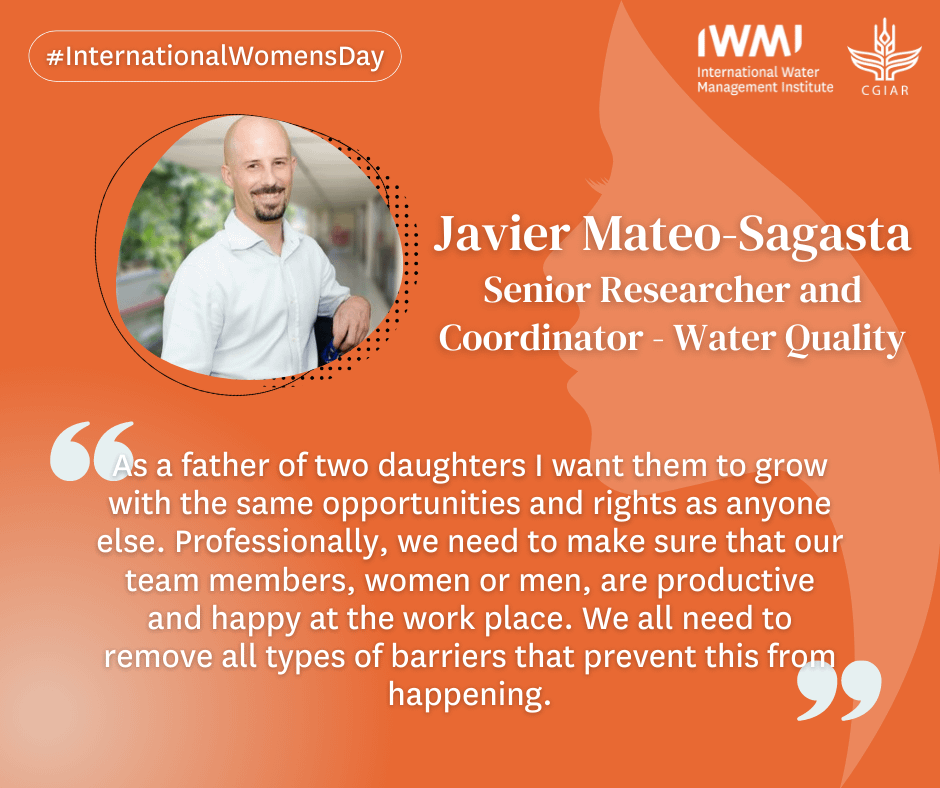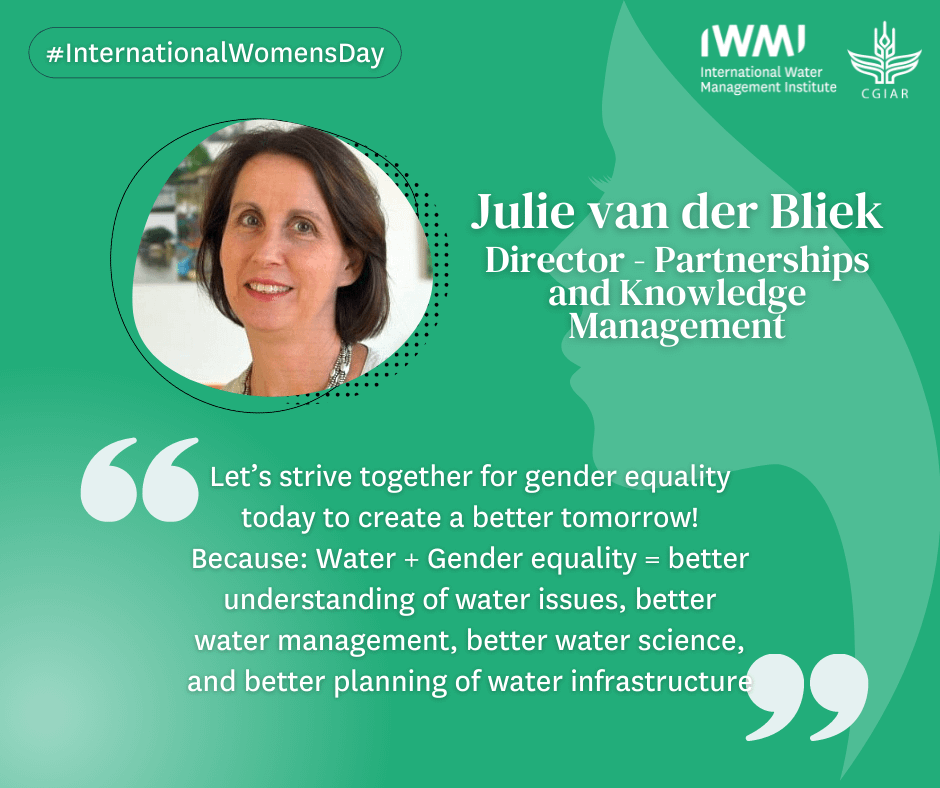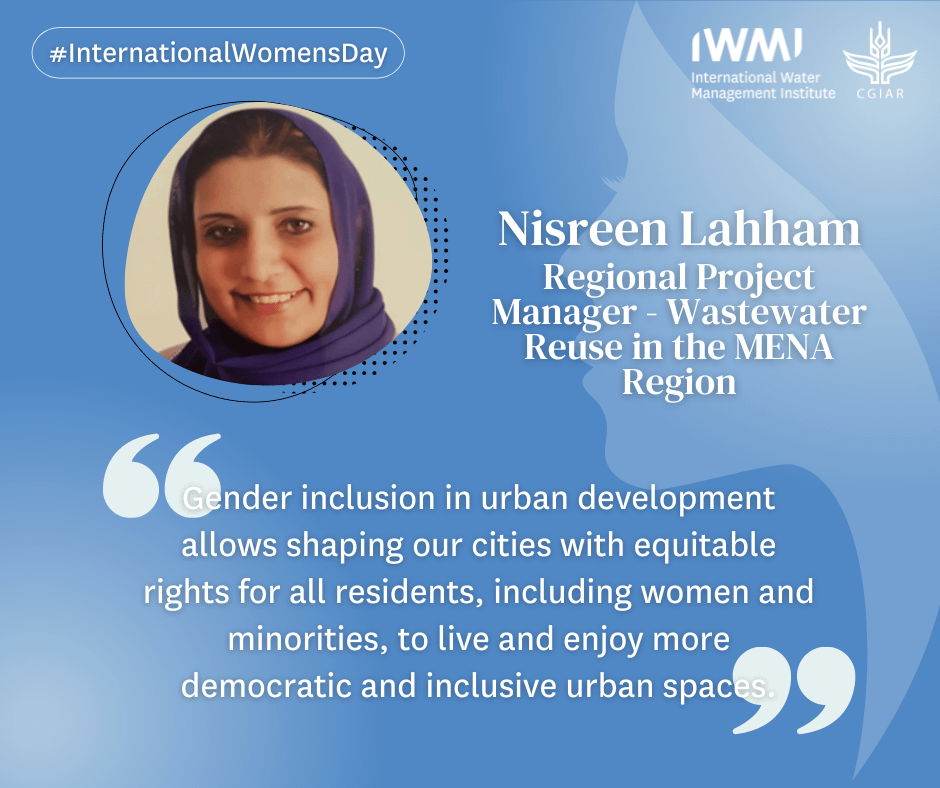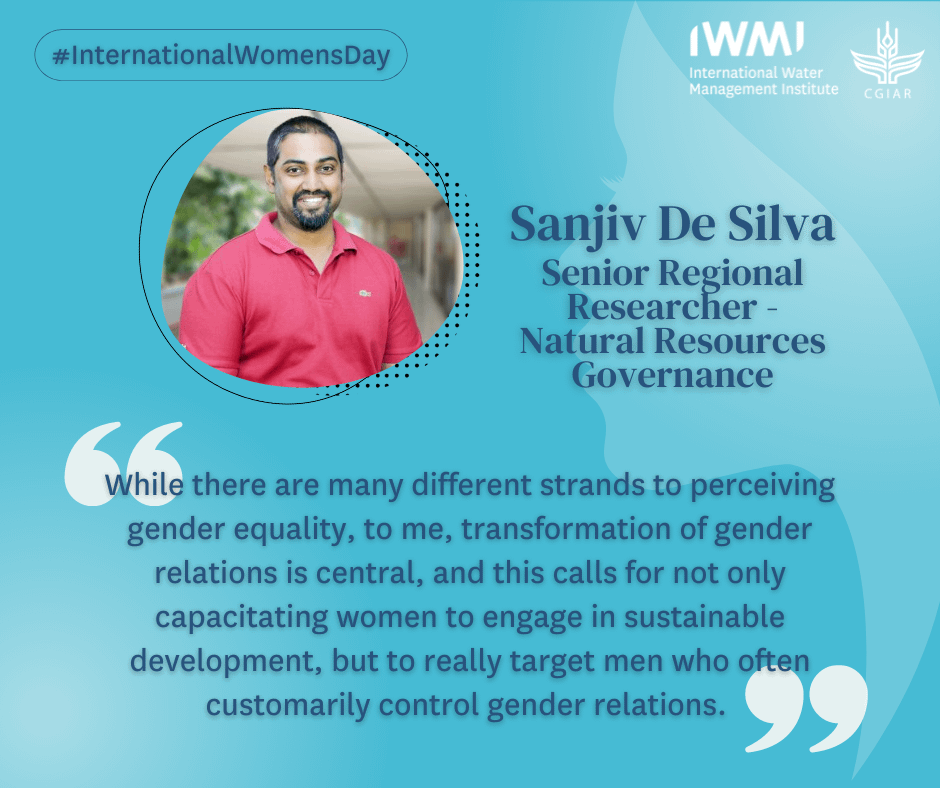International Women’s Day 2022

International Women’s Day 2022
Gender equality today for a sustainable tomorrow
Every year on March 8th, the International Water Management Institute observes International Women’s Day alongside the rest of the world. Today we are showcasing the essential contributions of IWMI’s female staff members in achieving water security for all and highlighting the gaps in gender equity that must be addressed. We are also sharing key areas in which our broader gender portfolio tackles major issues, from the digital revolution and inclusion to enabling more effective collective action in delivering water to households at a grassroots level.
This year’s theme set by the UN is “Gender equality today for a sustainable tomorrow,” recognizing the inextricable link between gender equality and environmental sustainability. At every step in our mission to bring water security for all, IWMI’s work is influenced and led by women, from rural farmers recycling rainwater and women collectives managing water sources to researchers working on improvements to urban sanitation systems. Without women, a sustainable tomorrow is unachievable and without equity for all, a fair water future will not be possible.
Join IWMI and our partners around the world in celebrating International Women’s Day, every day.
Videos of our work related to Gender issues
Featured content
Enhancing synergies between gender equality and biodiversity, climate, and land degradation neutrality goals: Lessons from gender-responsive nature-based approaches
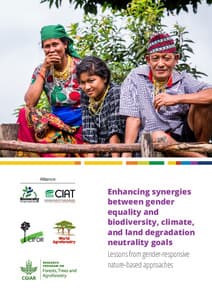
Choosing the collective: Challenging conventional ideas of women’s leadership
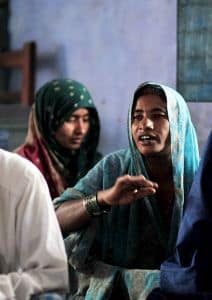
Promoting inclusivity and equity in information and communications technology for food, land, and water systems
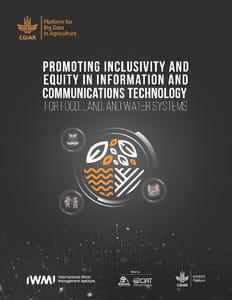
Gender Equality and Social Inclusion in Community-led Multiple Use Water Services in Nepal
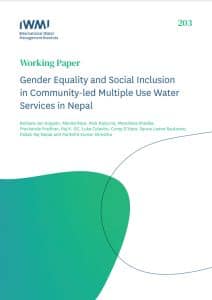
New landscapes of water equality and inclusion
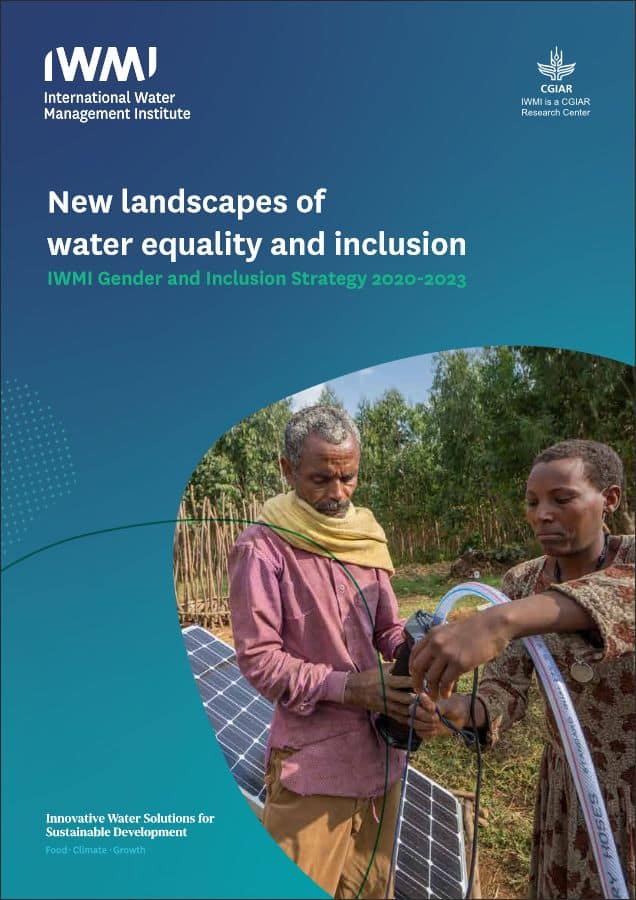
Participatory Gender Training Manual for WASH
